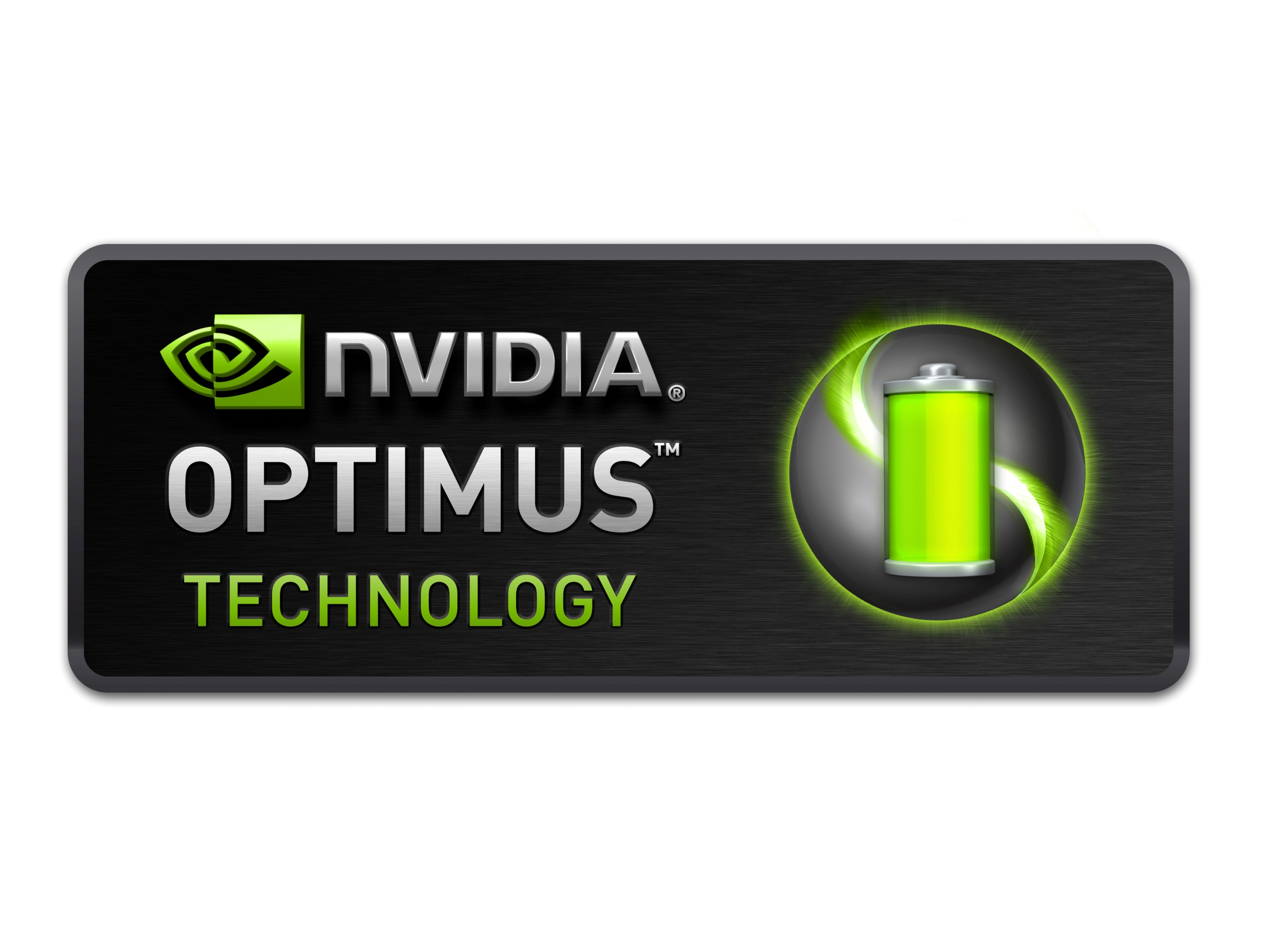Nvidia's Optimus paves way to more powerful laptops
Makes separate GPUs more practical

Nvidia has introduced a technology that it hopes will push laptops to a whole new level, with 'Optimus' providing an elegant way of integrating powerful graphics cards without killing battery life.
Nvidia's Optimus technology, which will be arriving to market in early March on two Asus machines before being rolled out by more manufacturers, allows for automatic switching between low battery-draining integrated graphics and more powerful but power-hungry discrete graphics – conserving battery life when the latter isn't needed.
The current options on laptops for people who want graphical oomph are limited; most laptops have integrated graphics chips which are fine for surfing or most desktop applications, but really struggle with any kind of video encoding and can't cope with modern games.
This led to two further options – laptops with separate (called discrete) GPUs that were on all the time, and drained battery life heavily or 'switchable' solutions – which meant the user could switch between integrated graphics and discrete graphics when they needed to.
And it is the latter technology that Optimus should bring to the mainstream, putting an end to clunky manual switching (be it through hardware or software).
The Optimus technology means that users do not need to switch between integrated and discrete; the decision on what is needed is made by the computer and done seamlessly in the background with no need for reboot or flickering screen.
Controller
Sign up to the TechRadar Pro newsletter to get all the top news, opinion, features and guidance your business needs to succeed!
Nvidia explained to Techradar that this was due to the integrated graphics always being used as the controller of the display, even when the discrete graphics card was on and the laptop in a more powerful mode.
'It just works' is the phrase being used by Nvidia for Optimus, and the hope is that this tech will encourage laptop makers to start adding more laptops with discrete graphics cards, as users realise that they can have a laptop that is both powerful enough to run the latest games with ease, yet won't drain the battery in a matter of minutes when only using the internet.
The technology is starting out on laptops, but could well migrate to desktop computers where power saving is less crucial, but increasingly demanded by eco-savvy consumers.
Patrick Goss is the ex-Editor in Chief of TechRadar. Patrick was a passionate and experienced journalist, and he has been lucky enough to work on some of the finest online properties on the planet, building audiences everywhere and establishing himself at the forefront of digital content. After a long stint as the boss at TechRadar, Patrick has now moved on to a role with Apple, where he is the Managing Editor for the App Store in the UK.
